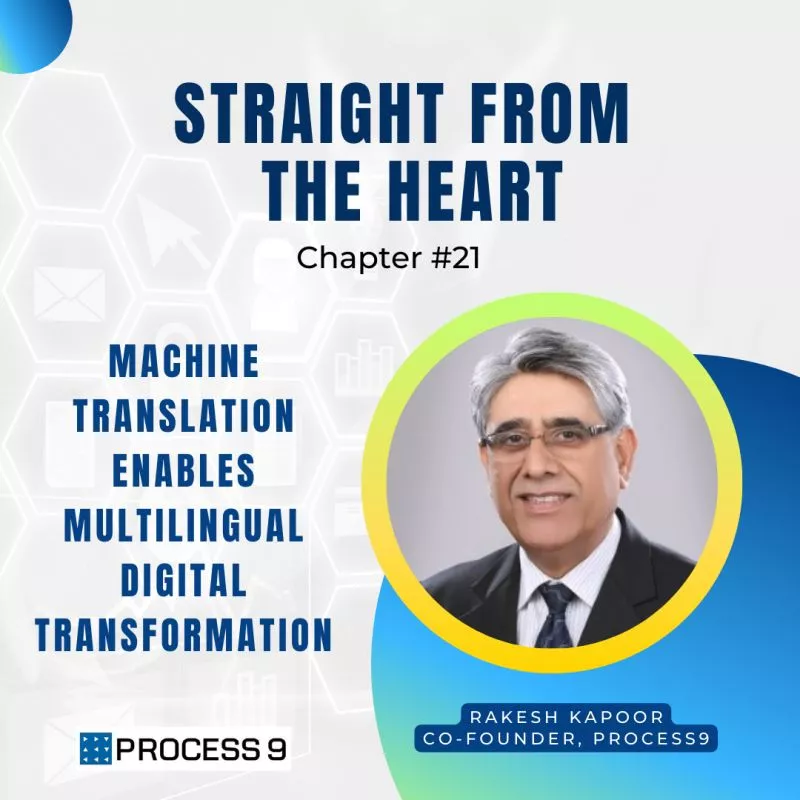It will make long-term business sense for large B2C companies to invest in the deployment of domain and brand-specific translation systems for major languages spoken in their target geographies. The ability to deliver product and marketing information in various languages will give them a competitive edge, as they’ll be able to churn out large volumes of content across languages to attract customers.
When expanding to new regions and geographies, businesses spend large sums hiring local-language-speaking manpower. While digital transformation enables you to increase your reach digitally, without physical presence, you need multilingual transformation to be able to communicate digitally to your customers, vendors, partners, and other stakeholders. Technology enables you to do that at a much lower cost, using translation technology and systems that can be customized for you.
Consider that you’re an insurance company, having agents across the country, who are typically not well conversant with the English language. You need to train these agents for your new products, new sales techniques, and competitive advantages. You have an agent portal for customer onboarding which may be in English only. You need to answer their queries, provide them with quotations, their account statements, and so on. If you’re able to localize these into native languages, your agents may be able to sell more policies, faster.
The same use case applies to other businesses across industries.







Share: